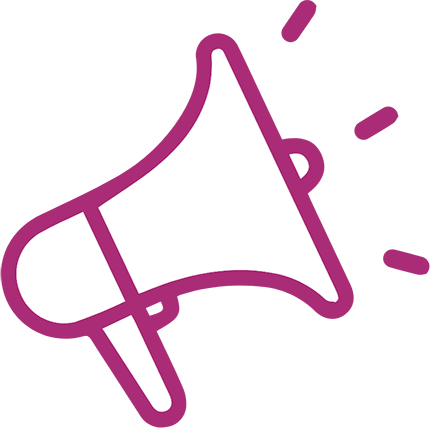This is an update on the progress of the CAMHS (Children and Adolescent Mental Health Service) parent and carer participation group, which was established in July 2023 and meets on a monthly basis.
The group was created following feedback from parent carers about the need to keep families informed and connected while waiting for CAMHS appointments and assessments. You can read more about the online sessions we held in March 2023 where parent carers shared their experiences and ideas for improvement with the CAMHS participation team.
Winter 2023 update
Following the October participation meeting, concerns were raised by parent carers that each session felt stand-alone, and that issues raised during the previous sessions were not being acted upon.
ESPCF met with the CAMHS participation team to discuss this. It was agreed that both CAMHS and ESPCF would meet straight after each session to decide how any issues raised will be taken forward and agree any actions. Actions and key points will be shared with the participation group ASAP, to be followed by the full minutes when they have been completed.
ESPCF will also be collating feedback from the sessions, alongside information we receive more widely, to produce reports or position statements where it is felt this is needed to further highlight issues to services and/or commissioners more formally.
It was due to the concerns highlighted in the October session – around the stepped care model for neurodivergent children and young people – that Fiona Skinner (Team Manager, Clinical Practice, in the Mental Health Support Team) joined us for the November meeting, and Ruth Silverman (Neurodevelopmental Pathway Lead, CAMHS) joined the group for the December meeting.
It has been confirmed that the Mental Health Support Teams (MHST) do offer support to autistic children and young people and the information on the Local Offer website will be updated to reflect this. This information was particularly welcomed, as we have had several parent carers asking about this.
Fiona explained that the first wave of MHSTs were not trained to support neurodivergent children, as after their initial training practitioners work with lower levels of need, whilst their learning of how to use the interventions is embedded. Practitioners then require additional guidance on working with neurodivergent children, so once they were qualified the offer was extended. This is a rolling process, with newer practitioners continuing to support lower levels of need whilst gaining experience and further training.
MHSTs are currently in approximately 80 schools, covering approx. 50% of the school population.
Lucy Hill, the ESCC Service Manager for Mental Health and Emotional Wellbeing (MHEW) in Schools told us that the service is being increased with additional MHEW Advisors. These advisors work with schools to try to develop and embed whole school approaches to support children’s mental health and emotional wellbeing and offer training to all schools so that the schools that don’t have MHSTs can still benefit via a whole school approach.
The importance of involving and employing staff/advisors who are neurodivergent was recognised in the meeting as a helpful point to take forward.
Ruth Silverman (Neurodevelopmental Pathway Lead) attended the December participation session to support further discussion. We will share the key messages and actions from the session in part two of our winter newsletter in the new year.
CAMHS Participation has secured funding for Experts by Experience roles. The role descriptions have now been provided and this information can be found on the webpage: Sussex CAMHS Participation: Parent and Carers (padlet.com)
If you are interested in joining the CAMHS parent and carer participation group, please send an email to: [email protected]
